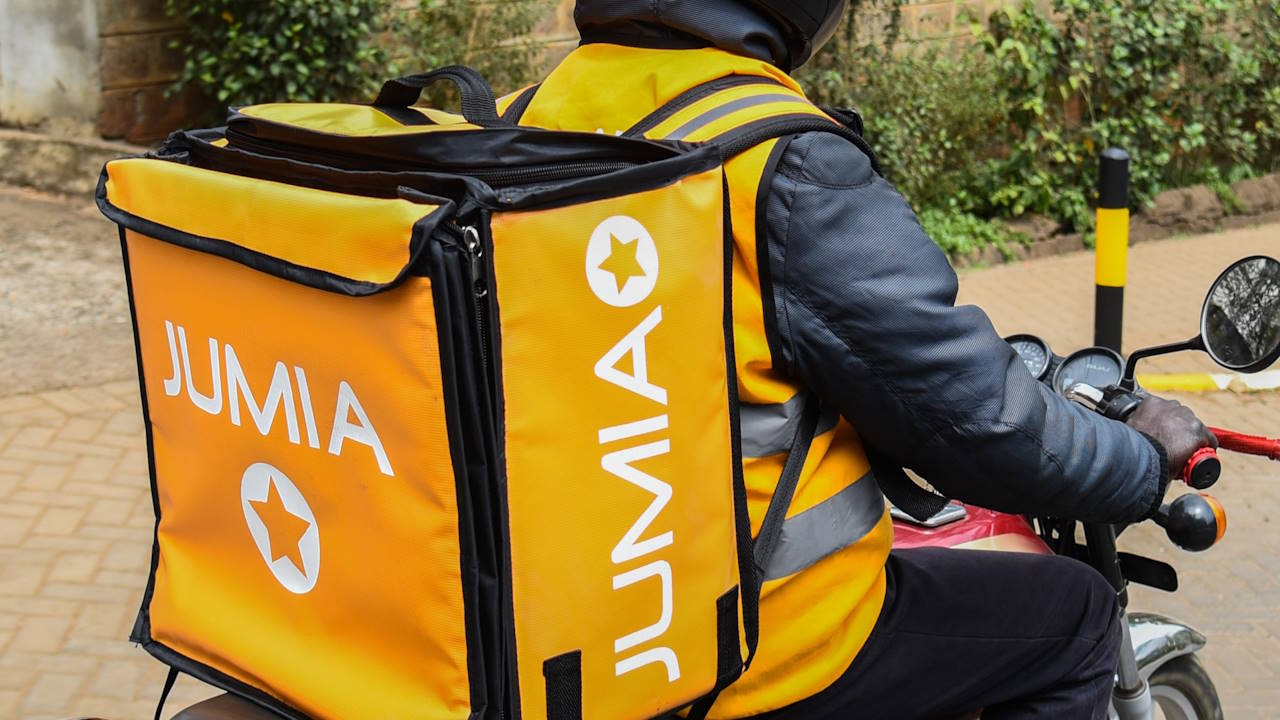
Jumia Technologies, the ecommerce group with operations across Africa, announced on Wednesday that it would close its unprofitable food delivery business and focus on the delivery of physical goods and its digital wallet.
The company said it had determined that Jumia Food was not suited to “the current operating environment and macroeconomic conditions in its markets” and would be shut down in all seven countries where it is offered by the end of this year.
Jumia Food has failed to turn a profit since its launch in 2013, according to a filing with the US Securities and Exchange Commission. In the nine months to September, it accounted for just 11 per cent of the group’s gross merchandise value — the total value of orders for products and services before expenses.
“The more we focus on our physical goods business, the more we realise that there is huge potential for Jumia to grow, with a path to profitability,” Francis Dufay, chief executive, said in the statement. “In the current context, it means leaving a business line, which we believe does not offer the same upside potential — food delivery.”
Jumia Food is currently available in seven of the group’s eleven countries of operation: Uganda, Kenya, Nigeria, Côte d’Ivoire, Algeria, Tunisia, and Morocco. The company said that some employees dedicated to the unit would be transferred to the physical goods business.
In addition to the seven countries where it operates its food delivery business, Jumia also operates in South Africa, Ghana, Senegal, and Egypt. The company is listed on the New York Stock Exchange and is headquartered in Berlin, Germany.
Founded in 2012 by two French ex-McKinsey consultants and a Nigerian and Ghanaian entrepreneur, the company, which launched in Nigeria before expanding to other countries including Uganda in 2014, hasn’t had a profitable quarter since listing in April 2019.
Few would have predicted such a trajectory at the time of its IPO. Africa’s Amazon, as many in the press dubbed it, reached a valuation of $1.1bn on its first day of trading, with a share price of $14.5. This rose further to a high of $49.8 in May, valuing the company at roughly $4bn.
Much of this exuberance was novelty driven. Jumia was the first African tech company to list in New York (or rather, the first company to operate out of multiple African countries — not everyone agrees that is an African company). For many investors, and an argument that Jumia itself made, Africa was an untapped market for ecommerce. If you compared Jumia to Amazon or Alibaba and assumed it would follow a similar trajectory, there was little reason not to invest.
Nor did it hurt the company that its public faces (in the West) were the two French co-founders and former McKinsey consultants, Jeremy Hodara and Sacha Poignonnec (its co-CEOs until November 2022). And apart from MTN Group, the other major shareholders in the Berlin-based group, which operates its tech hub from Portugal, were Rocket Internet and AEH New Africa eCommerce, both based in Germany, Swedish telecom Millicom, and French insurer Axa.
However, appearances and irrational exuberance can only mask the realities on the ground for so long. Not long after the IPO, an activist short seller accused the company of being untruthful in its IPO prospectus — it settled for $5mn (Citron Research, the short-seller — short selling is basically a bet that a company or its stock will be a failure — is under investigation, alongside several short-sellers in the US, for possible market manipulation).






